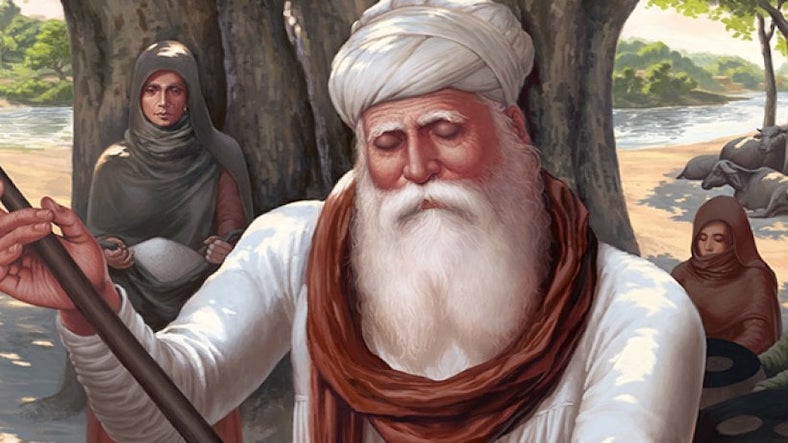Guru Amar Das (1479-1574) was the third of the ten Sikh Gurus and played a crucial role in shaping and organizing the Sikh community during a pivotal period. He served as the Guru from 1552 until his passing in 1574. Guru Amar Das made significant contributions to Sikhism, including the establishment of several important traditions and institutions.
Here are some key aspects related to Guru Amar Das and his contributions:
- Promoting Equality and Social Reforms: Guru Amar Das was a strong advocate for social equality and challenged prevailing societal norms and practices. He abolished the discriminatory caste system and promoted the concept of equality among all individuals, regardless of their social or economic status. He established a system of Manjis (dioceses) to facilitate spiritual and administrative guidance, appointing both men and women to these leadership roles.
- Organization and Administrative Reforms: Guru Amar Das implemented administrative reforms within the Sikh community to foster unity and efficient management. He divided the Sikh community into 22 Manjis, each led by a dedicated spiritual leader. This system provided local leadership, enhanced community cohesion and facilitated the spread of Sikh teachings.
- Emphasizing Devotional Practices: Guru Amar Das emphasized the importance of devotional practices in Sikhism. He composed hymns and introduced new devotional rituals, such as the singing of hymns in congregational gatherings called "Satsang." These devotional practices served as a means to connect with the divine and cultivate a personal relationship with God.
- Expanding the Sikh Scriptures: Guru Amar Das contributed to the expansion of the Sikh scriptures. He collected and compiled the hymns of the first two Gurus, Guru Nanak Dev and Guru Angad Dev, along with his own compositions. This compilation is known as the "Pothi Sahib" and served as an important precursor to the Guru Granth Sahib, the holy scripture of Sikhism.
- Promoting Women's Empowerment: Guru Amar Das actively worked to uplift the status of women in society. He encouraged women to participate in religious gatherings, contribute to spiritual discourse and take leadership roles within the Sikh community. He vehemently opposed the practice of Sati (immolation of widows) and advocated for the recognition of women's rights and dignity.
Guru Amar Das's contributions were pivotal in shaping Sikhism as a distinct spiritual and social tradition. His emphasis on social equality, devotion and organizational structure laid the foundation for the Sikh community's growth and development. His teachings continue to inspire Sikhs worldwide, promoting principles of equality, service and devotion to the divine.
Thanks for reading the about this great personality on our peoples blog, for more such great people read our peoples blog articles.










